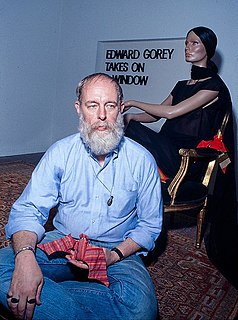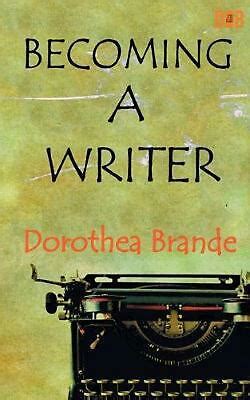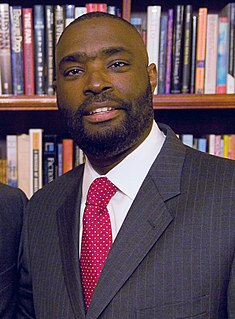A Quote by Fay Weldon
Truly Alice, books are wonderful things; to sit alone in a room and laugh and cry, because you are reading, and still be safe when you close the book; and having finished it, discover you are changed, yet unchanged! To be able to visit the City of Invention at will, depart at will – that is all, really, education is about, should be about.
Related Quotes
I used to think that when I finished a book, I was finished with it. But it's like a wonderful Hydra. Every time a head disappears, more heads appear, so I will be writing for the rest of my life. The more books I write, the more books I find that I still have to write about. I use it like an inspiration, and that's wonderful.
You can take a book to the beach without worrying about sand getting in its works. You can take it to bed without being nervous about it falling to the floor should you nod off. You can spill coffee on it. You can sit on it. You can put it down on a table, open to the page you're reading, and when you pick it up a few days later it will still be exactly as you left it. You never have to be concerned about plugging a book into an outlet or having its battery die.
If I do not seem to be mentioning anything I’ve read lately, it is because I am in one of those periods of undifferentiated flux or something in which I am reading about fifty, at a minimum, books at once, so of course I seldom finish one. Eventually this phase will pass, and I’ll discover I have about ten pages to go in all of them, and will sit down and systematically finish them, one after another.
Some day, as soon as a book is printed it will be simultaneously put into digital form. That will be a wonderful research tool, but it will never substitute for holding the book. I feel certain that at least within my lifetime, everyone will still be going to the bookstore and buying printed books. Thank God I'll die before I have to worry about whether the printed book itself will disappear. That's something I don't want to live to see.
I think I'm still fed by my childhood experience of reading, even though obviously I'm reading many books now and a lot of them are books for children but I feel like childhood reading is this magic window and there's something that you sort of carry for the rest of your life when a book has really changed you as a kid, or affected you, or even made you recognize something about yourself.
The angels laugh at old Karl. They laugh at him because he tries to grasp the truth about God in a book of Dogmatics. They laugh at the fact that volume follows volume, and each is thicker than the previous ones. As they laugh, they say to one another, ‘Look! Here he comes now with his little pushcart full of volumes of the Dogmatics!’—and they laugh about the persons who write so much about Karl Barth instead of writing about the things he is trying to write about. Truly, the angels laugh.
Our bodies, speeches and minds need to be trained so that they will do anything we want. We can cry or laugh at once when we want to. Then it will be a natural response; we will cry when it is time to cry, and laugh when we should laugh. Do you understand? We can get angry when necessary; we can be gentle if we have to. We will completely become our own master. Then, no matter what we want to do, it will benefit the world. It is not difficult to attain this stage; all we need to do is to mediate.
I'll think about something else. I'll just sit quietly. If I could sit still. If I could sit still, maybe I could read. Oh, all the books are about people who love each other, truly and sweetly. What do they want to write about that for? Don't they know it isn't true? Don't they know it's a lie, it's a God-damned lie? What do they have to tell about that for, when they know how it hurts?
When you write, you're alone in a room. And when someone reads a book, they're alone in a room, too, usually. It's a really intimate exchange. And so people ask me where I get the boldness to talk about this or that, but I didn't feel like it required any sort of courage, because I was alone. Sometimes it feels weird for people to read it.
When we want a book exactly like the one we just finished reading, what we really want is to recreate that pleasurable experience--the headlong rush to the last page, the falling into a character's life, the deeper understanding we've gotten of a place or a time, or the feeling of reading words that are put together in a way that causes us to look at the world differently. We need to start thinking about what it is about a book that draws us in, rather than what the book is about.
Who will cry for the little boy, lost and all alone?
Who will cry for the little boy, abandoned without his own?
Who will cry for the little boy? He cried himself to sleep.
Who will cry for the little boy? He never had for keeps.
Who will cry for the little boy? He walked the burning sand.
Who will cry for the little boy? The boy inside the man.
Who will cry for the little boy? Who knows well hurt and pain.
Who will cry for the little boy? He died and died again.
Who will cry for the little boy? A good boy he tried to be.
Who will cry for the little boy, who cries inside of me?






































